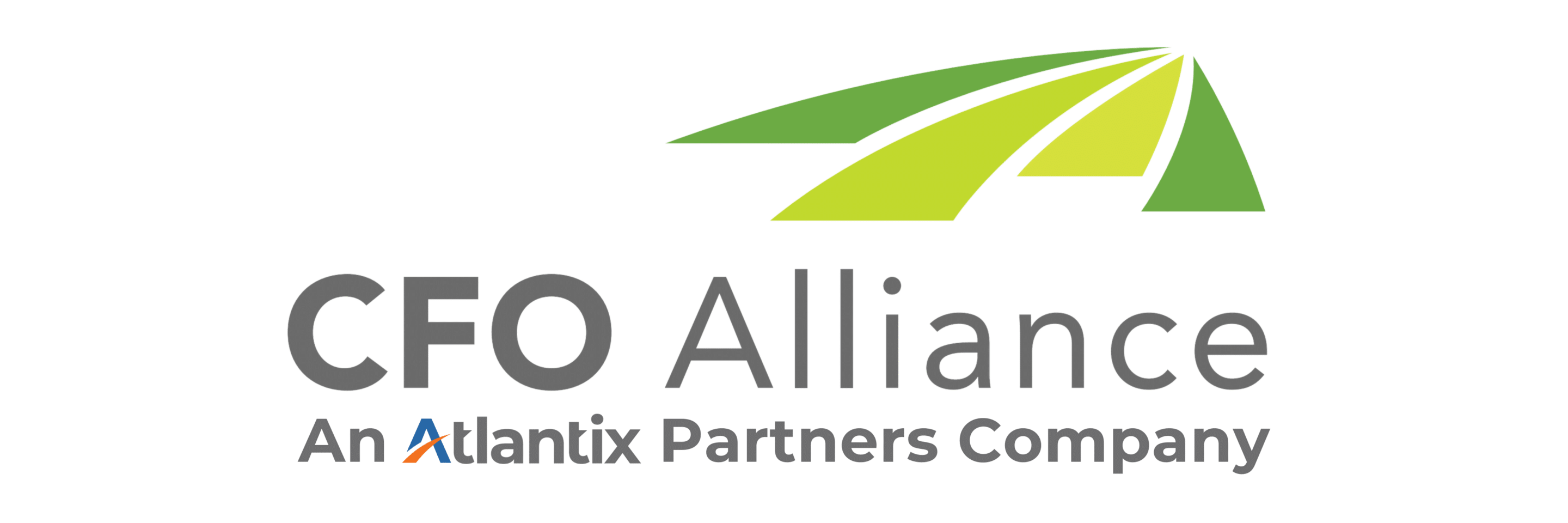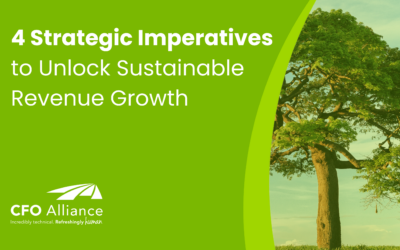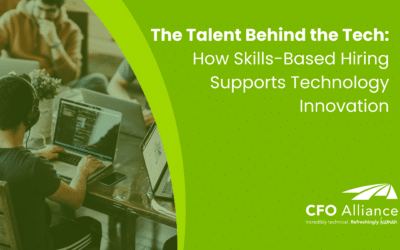Are We Entering A Cashless Society?
Will we pay for goods with NFTs?
If there is one thing every founder has in common, it’s cash. We all think about it – all the time. We all check our bank balances first thing in the morning and maybe 5 times a day. We spend our energy doing mental gymnastics calculating all of the possible scenarios for the future of our cash. After all, every single activity that happens in our businesses leads to one place: cash.
A New Form Of Payment
Cash is the epicenter of every business. Everybody needs it and the most successful people are the ones who understand how to manage it. Companies with a clear 13-week cash flow strategy make better decisions, respond more quickly to market changes, and manage risk more effectively.
But what happens to your cash flow strategy when the entire finance landscape is moving in the direction of cashless transactions? How do you manage cash flow when there’s no actual cash? How do we plan for a financial world that operates entirely in the cloud?
These are great questions, and there may not be any clear answers yet. Still, now is the time to start planning your strategy, and that strategy must make room for disruptive FinTech innovation.
Here are just a few of the technologies that are about to go mainstream (or have already):
- Cashless payment systems and platforms
- Decentralized finance (DeFi)
- Cryptocurrency and blockchain
- Non-fungible tokens (NFTs)
- Smart contracts
- Distributed data storage
As these tech innovations become integral parts of our economic landscape, we will have to adjust the way we think about things like cash, revenue, and investment.
Evolving Your Finance Strategy in the Age of Digital Innovation
Just a few short years ago, nobody could imagine a society where cash was obsolete. Now it seems almost inevitable. As new FinTech innovations come online every day, our old reliable ways of doing things will have to evolve.
That doesn’t mean those traditional strategies are useless, however. The trick is to preserve the timeless principles that have always informed sound financial practice while being agile enough to adopt new methodologies.
It’s a fine line, especially when the new innovations haven’t fully matured yet and we don’t know what they will look like in the future. But like you, we’re innovators, and creative agility in the face of change is what we do best. To lay the groundwork, here are some strategic questions you can ask to help recalibrate those old reliable principles for tomorrow’s economy.
Do I have the right leadership in place?
As a founder, you already have an affinity for innovation. That will serve you well as you head into the future. At the same time, however, it’s critical that other decision-makers in your company share essential leadership traits like foresight, flexibility, and a willingness to explore new methodologies. CFOs and financial leaders, in particular, must hold fast to the foundational principles of finance while also embracing new technology, practices, and ideas.

Do I have a 13-week cash flow strategy in place right now?
No matter what the future looks like, you will still need to create forecasts. You will need to know how much is coming in, how much is going out, and how much working capital you have available. If you don’t have a solid methodology in place, take care of it now so you have a strong foundation to build on, whatever the future holds.
How can I build an innovative mindset into my 3-5 year business strategy?
The most successful innovative leaders are those who have effective structures and processes in place, a firm grasp on key metrics, and a clear vision. We may not be able to predict what the next three to five years hold in terms of specific innovations and impacts, but we can depend on the fact that we will need to support growth and minimize risk through sound financial practices.
Do I have sufficient security measures in place?
If you don’t prioritize cybersecurity now, you will certainly pay for it later. Cyber threats have escalated steeply as people move more of their lives and business processes online. The good news is that cybersecurity has responded with stronger technologies to protect more effectively against attacks. Now is the time to invest in shoring up your cybersecurity measures and protecting your data.
What innovations are already taking hold in my industry? How can I prepare to adopt those?
Every industry interacts with technology differently. If your industry and customers tend toward early adoption, consider how your business practices should evolve to accommodate those changes immediately. If you operate in an industry that is typically slow to adopt, then you have some time to plan. Either way now is the time to start building your long-term strategy.
Merging Old Reliable Methods
with New Innovative Technologies
Our values inform the way we do business. That’s as it should be. As so much has changed over the past two years, our values empower us to step forward confidently, even if specific processes don’t look the way they used to. Crypto, cashless payments, blockchain – these things are here to stay. It’s up to us to bridge the gap between the reliable methods we’ve always counted on and the new technologies that are changing the world.
That’s part of our mission here at CFO Alliance. We’re committed to helping companies prosper through vigorous, growth-centered financial strategies and strategic leadership. For two decades, we have helped innovative founders solve problems, overcome challenges, and grow. Whatever that looks like in the future, we’ll be here to partner with you for success.

Related Post
4 Strategic Imperatives to Unlock Sustainable Revenue Growth
4 Strategic Imperatives to Unlock Sustainable Revenue GrowthCreating long-term, sustainable revenue growth takes more...
Future-Proof Your Workforce with a Modern Talent Agenda
Future-Proof Your Workforce with a Modern Talent AgendaWhat does the future of talent look like? It’s a fair question,...
The Talent Behind the Tech: How Skills-Based Hiring Supports Technology Innovation
The Talent Behind the Tech: How Skills-Based Hiring Supports Technology InnovationStaying relevant with technology in...




